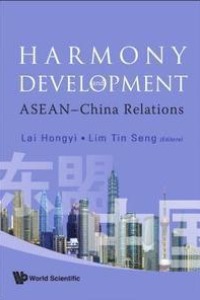
Liknande böcker
Strategic Foreign Assistance Transitions : Enhancing U.S. Trade and Cooperation Relations with Middle-Income Countries
Bok av Daniel F Runde
Justifying traditional U.S. assistance to middle-income countries is an increasingly difficult proposition, and refocusing limited U.S. government development resources away from middle-income countries offers an efficient way to identify savings in the foreign assistance budget. This is not the first time that the U.S. government has faced such questions, and it can draw upon past transitions-not all successful-for a variety of valuable lessons for repurposing the United States' relationship with middle-income countries. This report begins with a brief introductory chapter on the main issues and themes. Chapter 2 considers the experiences of South Korea, Lithuania, Costa Rica, Portugal, and Tunisia as case studies of countries with relatively successful U.S. assistance transitions. Chapter 3 examines Brazil, India, Russia, and Panama, four middle-income countries with which the United States can shift its assistance relationship toward a focus on bilateral trade and cooperation interests. Chapter 4 offers nine specific recommendations for shifting the United States' relationships with middle-income countries from assistance to true partnerships. Chapter 5 concludes.







